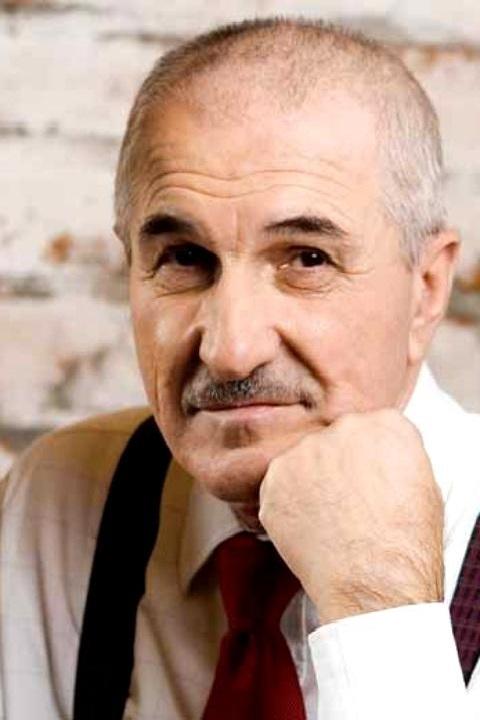

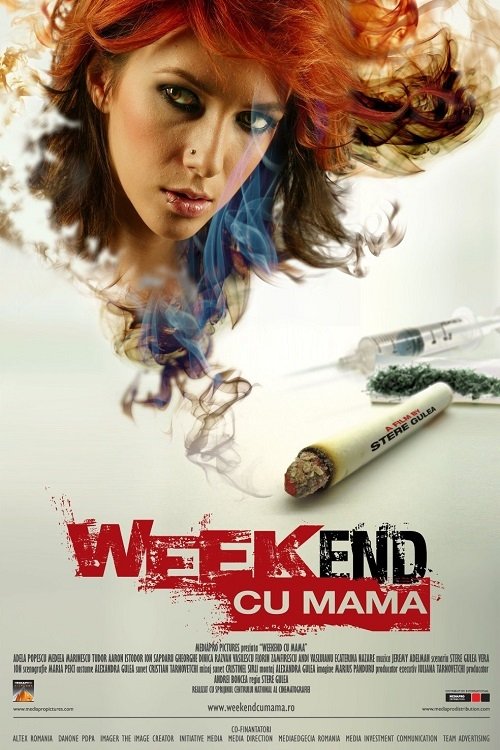
15 years ago, Luiza decided to make a fresh start in Spain. She left her 3-year-old daughter Cristina in the care of her relatives and took off. When she returns to Romania, the woman learns some shocking truths that were kept hidden from her: Cristina ran away from home, is a drug addict and has a 2-year-old girl who lives in an orphanage. Overwhelmed by guilt, Luiza attempts to save her daughter
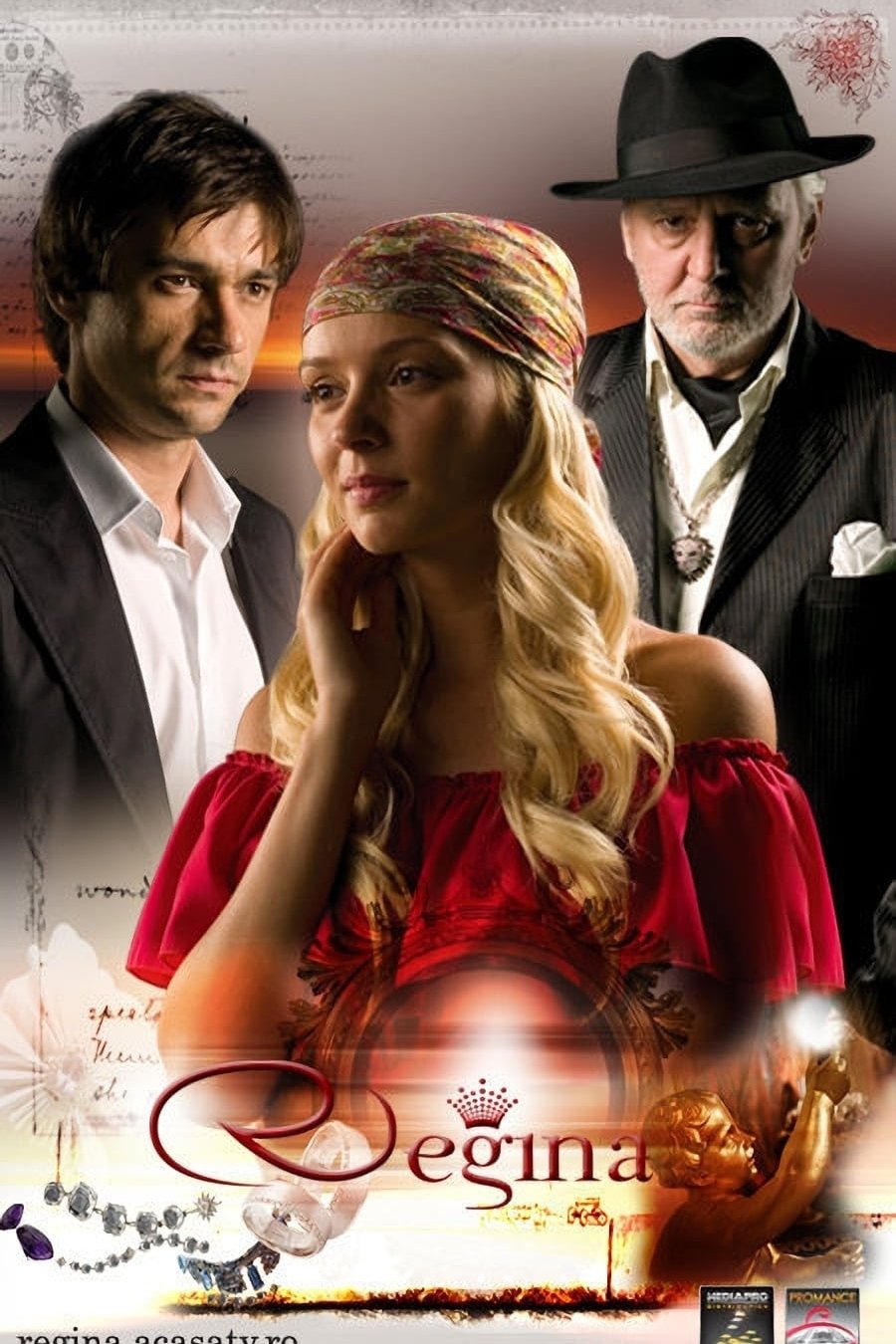
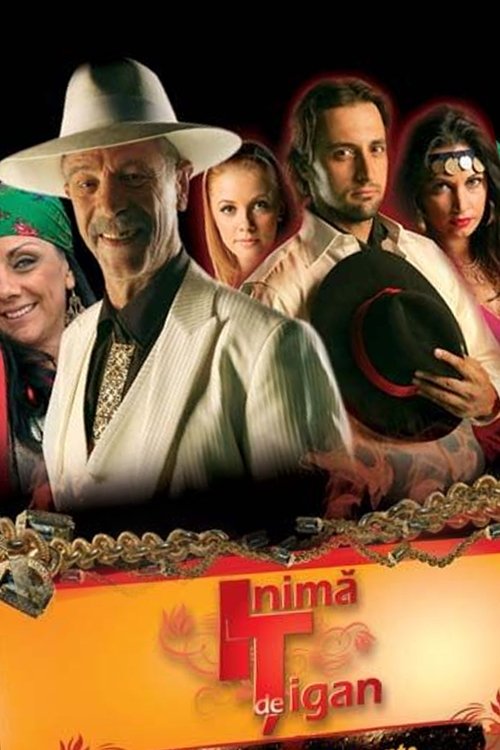
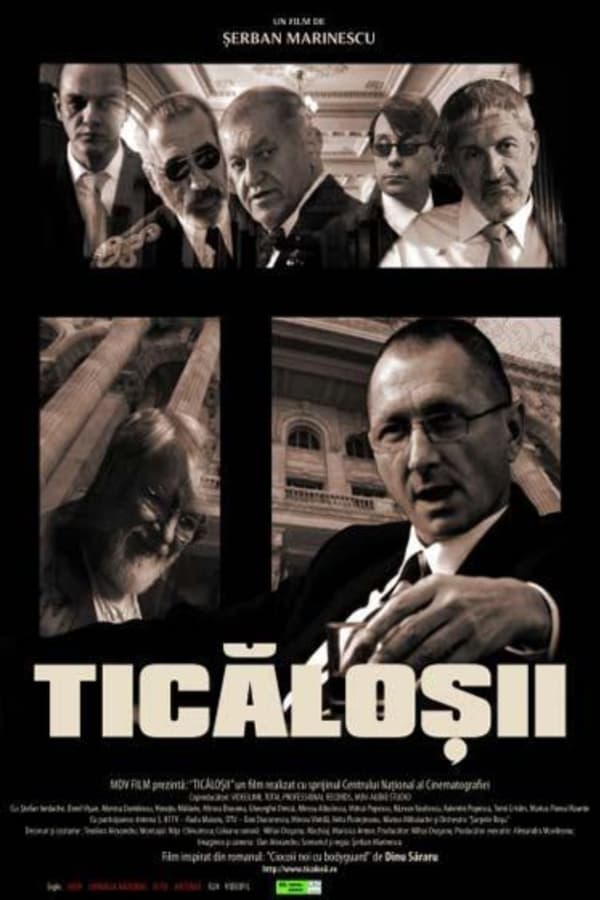
All important figures, from police officers to the president commit abuses and fight for rights that normal people doesn't dream.
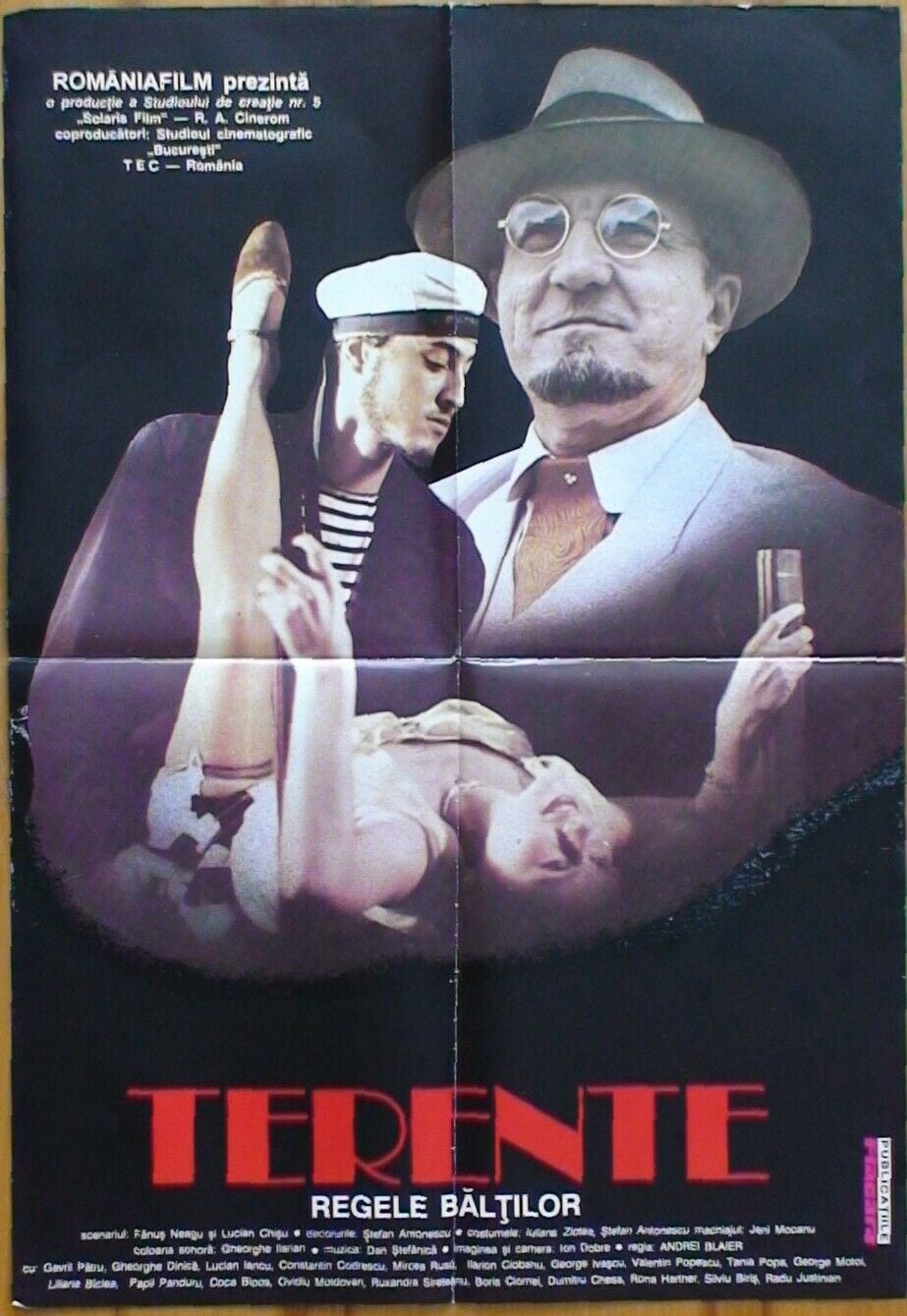
The story takes place early in the 20th century in Eastern Romania, where a famous outlaw lived kind of a Clyde with many Bonnies legend in the landscape of the Danube Delta.

A subtile, soft exploration of the relation between love and death.
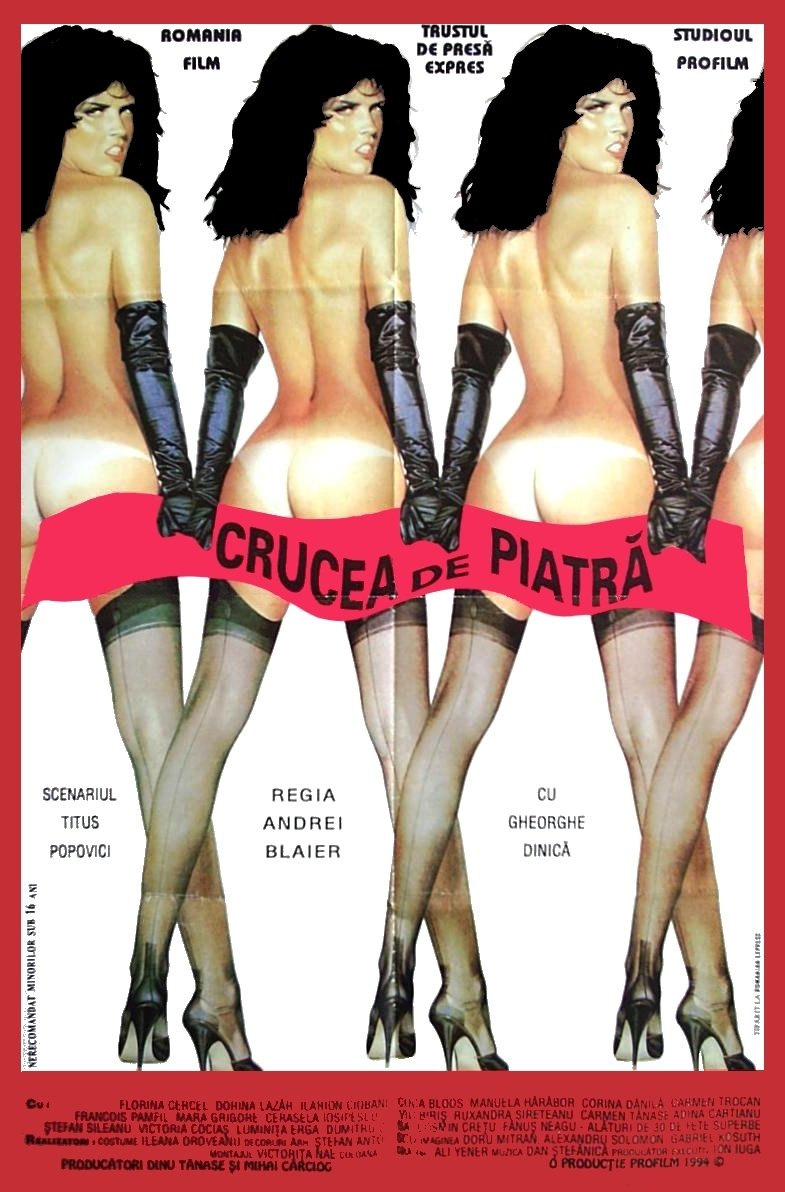
Andrei Blaier's film catches the last days of The Stone Cross a low class brothels area that became some kind of an institution in the landscape of Bucharest before the Communist period, doomed to destruction under the new rules of proletarian morals that the Communists were trying to impose. The idea could be the start of a great film, with the prostitution being seen not so much from its destructive and exploitation perspective, but rather as a form of freedom in a time when the whole society was falling under the rule of propaganda, hypocrisy, and repression. In a world due to fall under tyranny for the coming decades prostitution becomes a metaphor of the old more free way of life.
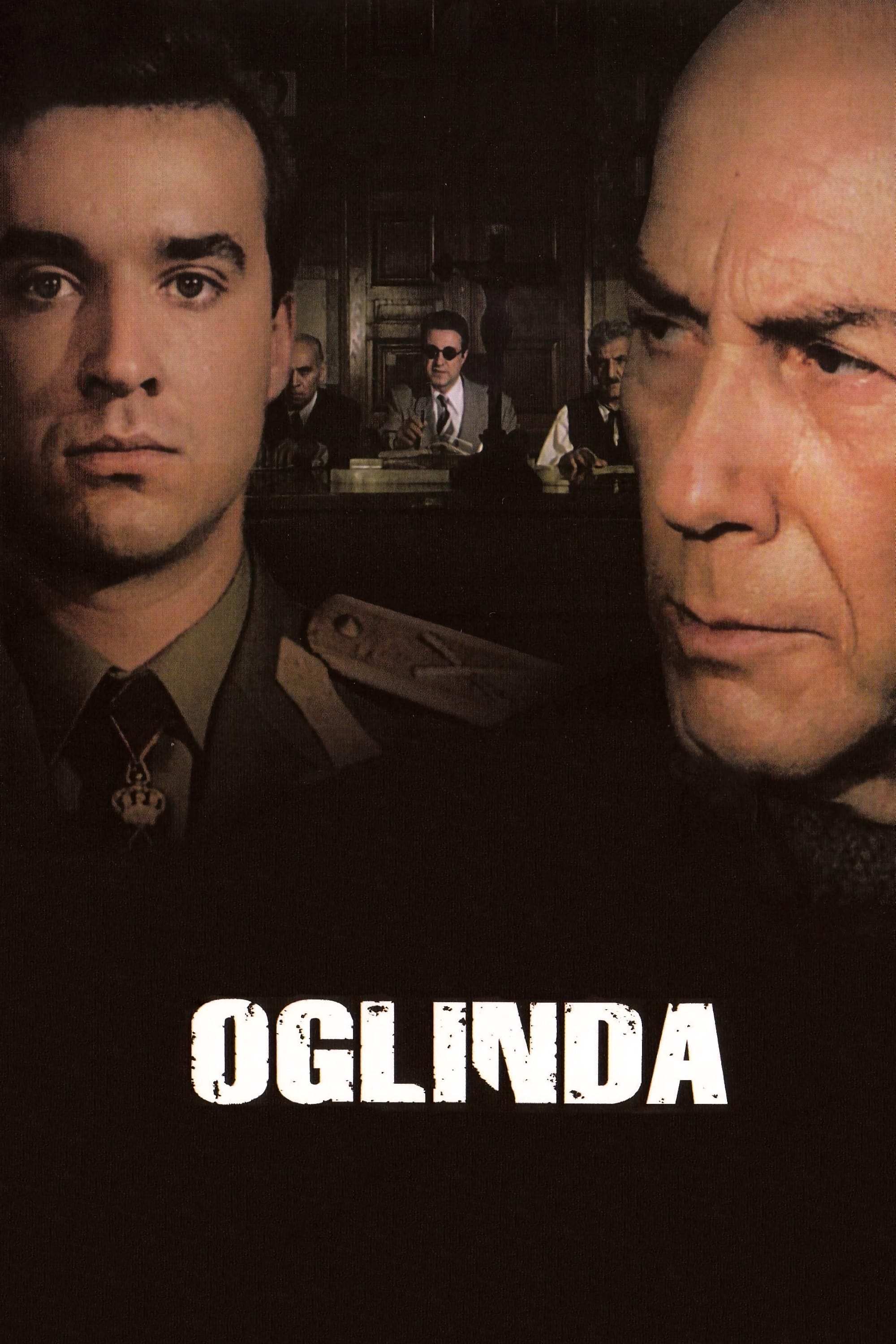
Depicts Romania during World War II, focusing on the Royal Coup that toppled Ion Antonescu, the Axis-allied Conducător and authoritarian Prime Minister. Focused around the August 23rd 1944 coup against Marshal Antonescu, the movie also tackles other topics from the same era such as the Iron Guard rebellion and the execution of political leaders by communists.
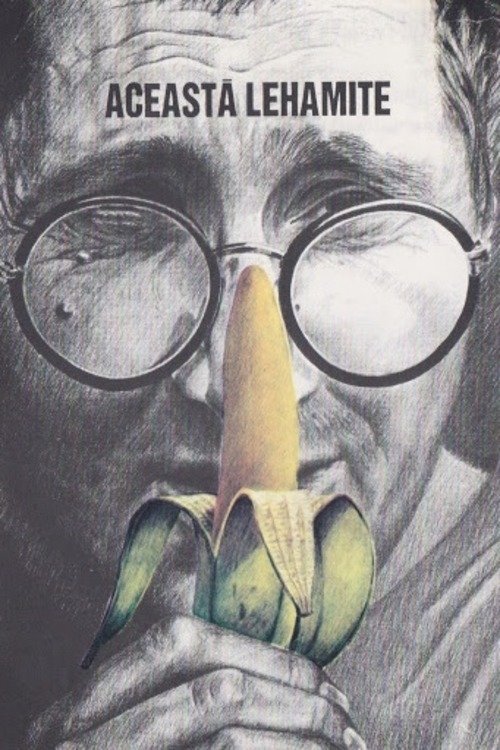
Young Doina has a car accident. In intensive care, the doctor, Vali, calls her time of death but discovers that the child she was carrying is still alive. Wishing to save its life, the doctor puts the mother on artificial life support. Just then, Bebe, the supposed father of the unborn child, enters the scene. A former teacher and mountain climber, Bebe will soon fall in love with the doctor...
Dinica showed an early interest in acting, being part of different amateur theater troupes since he was 17. In 1957, he entered The National Institute of Theatre and Cinematography Art in Bucharest. He graduated in 1961, already drawing public attention with the role of Inspector Goole in the graduation play An Inspector Calls. Since then, Gheorghe Dinica performed for some of the most important Romanian theatres: 1961-1967 Comedy Theatre, Bucharest 1968-1969 Bulandra Theatre, Bucharest since 1972 I.L.Caragiale National Theatre, Bucharest Dinica was also a Romanian director and popular film actor, thus acting mostly in Romanian films. Like the French actor Alain Delon, Dinica refused to act in movies produced in the United States. Since 2002, Dinica was an honorary member of the society of I.L.Caragiale National Theatre. He is also an honorary citizen of the city of Bucharest. He was awarded the "Faithful Service" Order in the Grand Officer class. Dinica died of cardiac arrest at Floreasca Emergency Hospital, Bucharest.
By browsing this website, you accept our cookies policy.